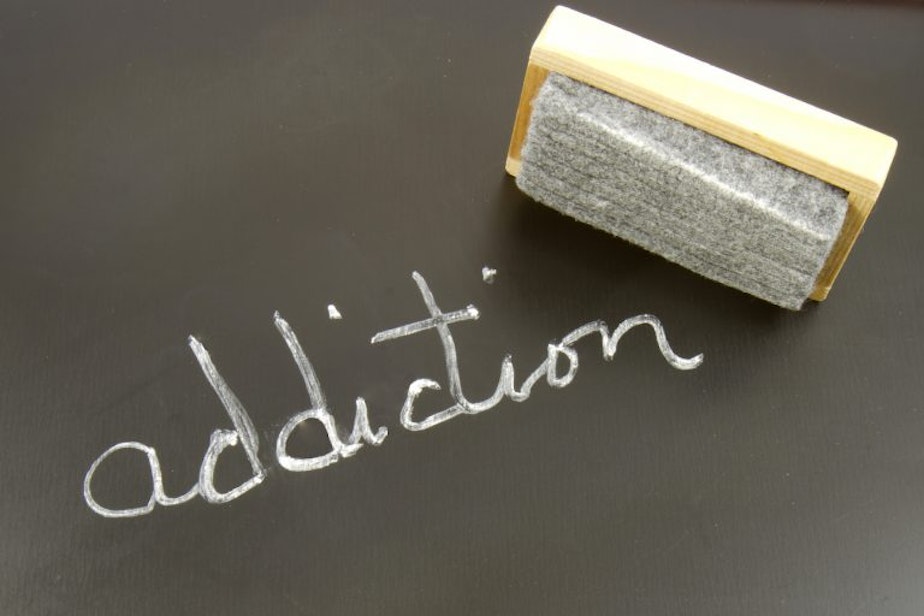King County dispenses alcohol and tobacco to addicted people in quarantine

Using private funding, King County is providing tobacco and alcohol to some people who are staying at County isolation sites.
Reporter Erica C. Barnett of The C is for Crank tells us why the county took this step.
This interview has been edited for clarity.
This is a headline that makes people stop and look twice. Tell us more about what King County is doing here.
King County has isolation, recovery, and quarantine sites set up at several locations around the county for people who either don't have homes or don't have a safe place to isolate at home, and may be exposed to Covid-19.
In some of those sites, there are people who have addictions to, among other things, alcohol, tobacco, as well as opiates. The county is providing alcohol and tobacco to those people who are staying in those sites, who would otherwise go out and procure those products themselves. They would potentially leave the site entirely, and go out and expose other people in the community.
One particular issue with alcohol withdrawal is that for people to quit cold turkey is really dangerous. It can cause seizures, it can cause hallucinations, and it can even cause death.
Sponsored
The county emphasized to me that this is not just like a beer cooler at the door. They are providing specific amounts to people based on their daily usage. It is a really proven harm reduction practice that keeps people safe until they're ready to get better.
As you've reported, these items are being paid for with private money. Who's paying for them right now?
They are being paid for by a foundation. I do not know the exact name of the foundation. I've asked for that information from King County. The foundation is paying for these items after April 15. Before April 15, they were being paid for by the Director of the Department of Community and Human Services, Leo Flor, out of his own pocket.
Do you know if he was doing this with the blessing of the county?
I have to assume so. Right now, we're in a period where a lot of government agencies are really doing things fast, fixing things and asking for permission or funding later. I think that is just the nature of the Covid crisis. I have to assume that this was certainly done with the county's knowledge and blessing.
Sponsored
There are always a lot of opinions to be had around addictive substances. Not everyone is going to agree with this approach. What kind of backlash are you expecting to see?
In San Francisco, which had a similar program that was implemented a little bit earlier, the response was what you'd expect. People were saying that this is enabling alcohol users, in addition tobacco users, and in San Francisco marijuana users, to use drugs that we don't approve of to continue with addictions that society doesn't approve of.
In fact, one of the most vociferous people in San Francisco against this program was a former homeless drug user who is now an advocate for recovery. He said that this is just prolonging the problem, and that the county and city of San Francisco should not be signing off on something that as a society we want to stop, which is addiction.
What are you looking to see next to happening in this story?
I am very curious to see what the results are. Are we seeing that people are able to stay in these sites for longer, and to be able to isolate and recover or be assessed and determined to be Covid-negative? I think that will be an unequivocally good result in terms of potential transmission in the community.
Sponsored
It is very hard to know whether a program like harm reduction is working because it a case of proving the negative, did the bad thing not happen? I do think that in this case, we'll be able to say, people didn't leave these sites. They were able to stay with the help of this program, and that'll be a positive outcome.
Listen to the interview by clicking the play button above.





